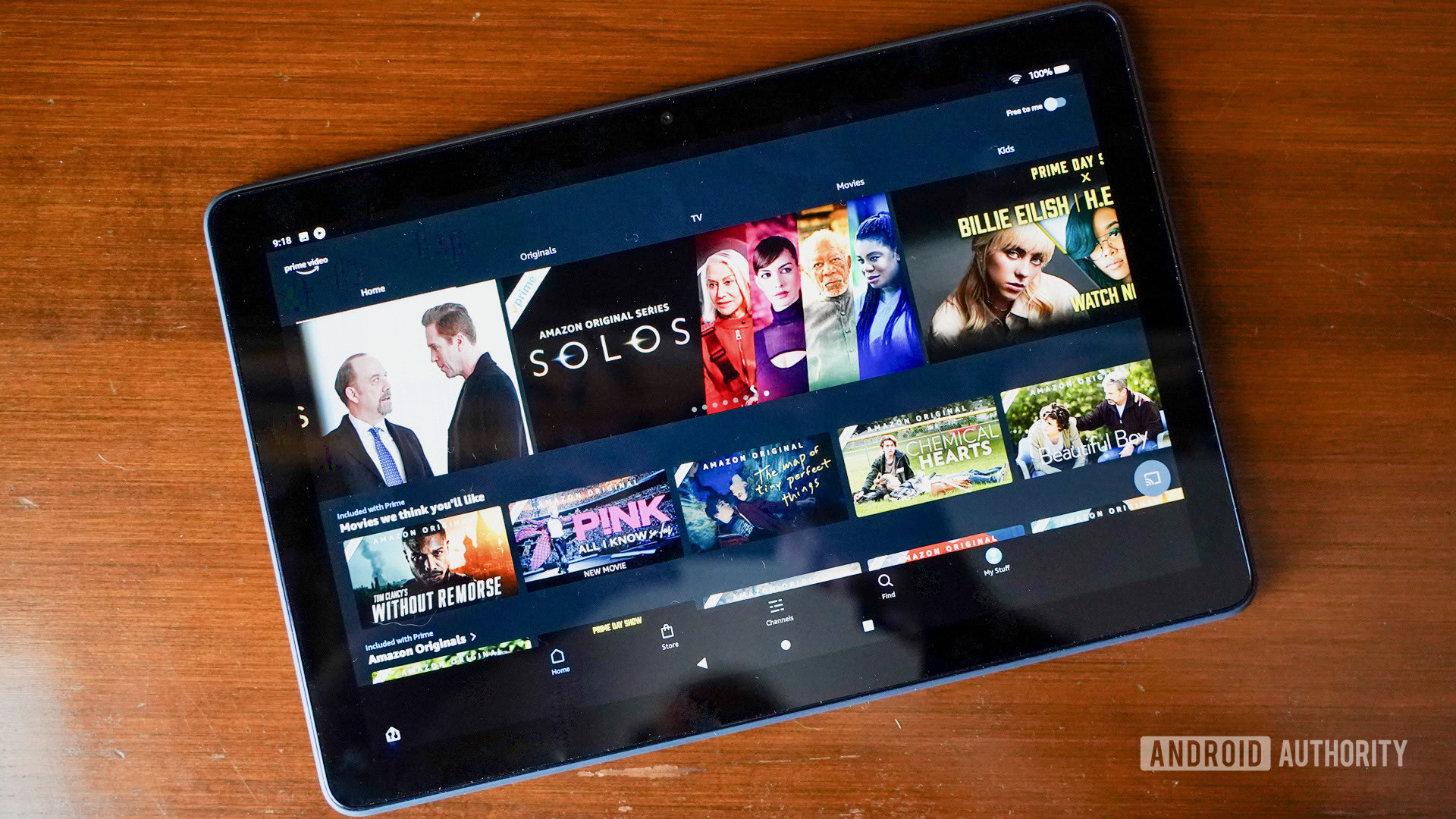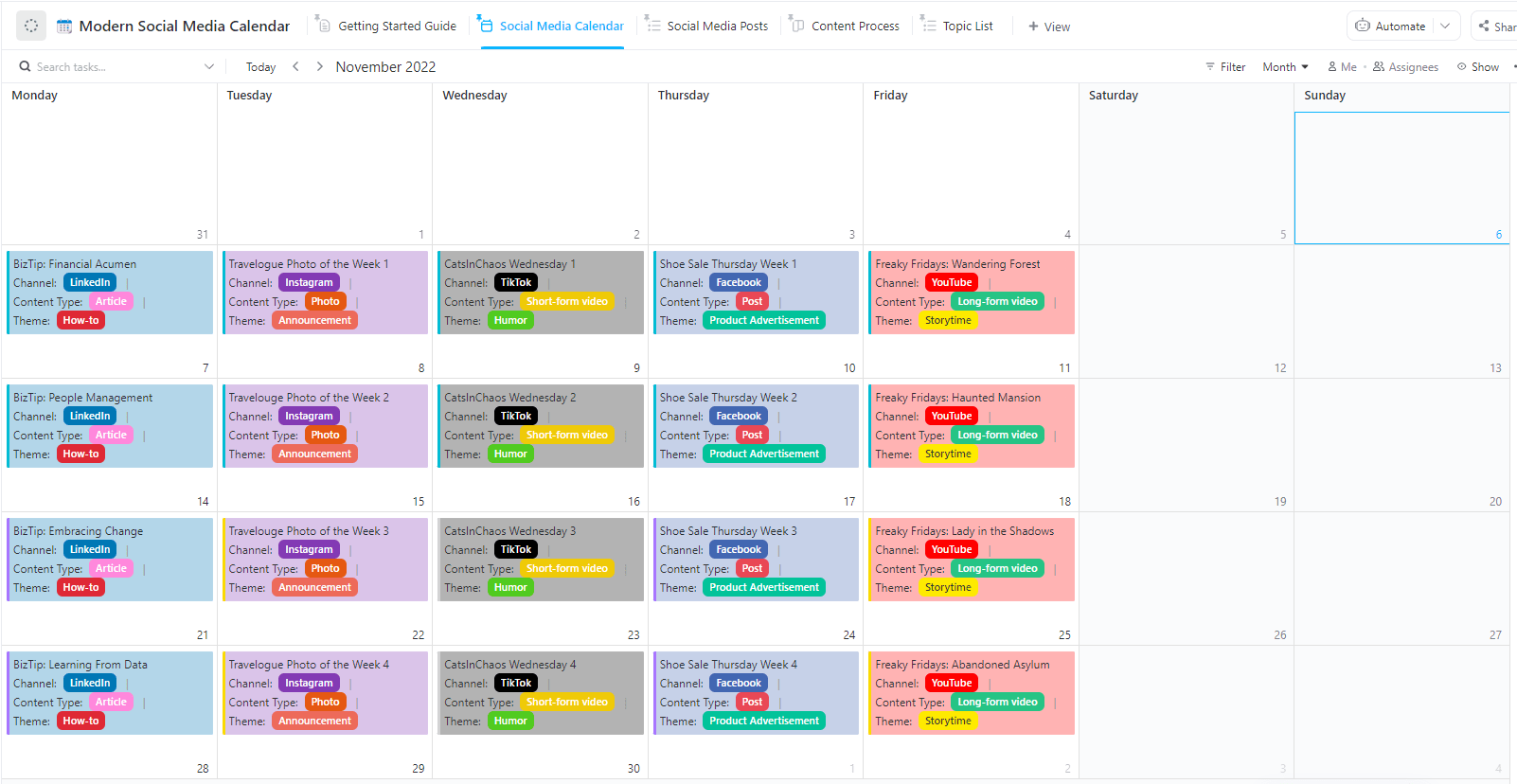The pressure intensifies around digital platforms. After the tribune of April 29 co -signed by Gabriel Attal and the child psychiatrist Marcel Rofo, calling for “A state of emergency against screens ”Secretary of State Clara Chappaz confirmed actively to the ban on social networks for those under 15. This measure, already supported by 73 % of French people according to a survey, carried out by Harris Interactive for the Government, is part of a strong political will to protect the mental health of young people, faced with the explosion of cases of anxiety, depression and behavioral disorders linked to digital overexposition.
A law already in place … but inapplicable
In theory, France has already established a digital majority at 15 years since the law of July 7, 2023. In practice, this rule remains largely theoretical: lack of effective control, facilitated by minors and lack of European harmonization. According to the CNIL, two thirds of the under 13s already have an account on a social network, often without the required parental agreement. The platforms, on the other hand, take refuge behind the technical impossibility of verifying the real age of their users.
Faced with the ineffectiveness of national systems, France now militates for coordinated action on a European scale. Clara Chappaz hopes that the Union imposes common and restrictive rules on platforms, like age checks already in force for pornographic sites. But the concrete application of these measures remains a technical and legal challenge, in particular on the thorny question of the privacy of Internet users.
Radical proposals in perspective
The prohibition before 15 years is only one of the measures recommended by Gabriel Attal and Marcel Rofo. In their column, they also suggest a “digital curfew” between 10 p.m. and 8 a.m. for 15-18 year olds, a limitation to one daily hour of use, even a taxation of platforms.
Today, 60 % of under-15s consult photo or videos sharing networks daily, and 46 % of 11-14 year olds use Tiktok every day. Even more worrying, 55 % of the 7-14 year olds already have a phone, according to a study by the Junior City office relayed by our colleagues as The Parisian. Despite the restrictions, the massive use of these platforms by young people makes any ban difficult to apply without joint mobilization of families, schools and digital actors. Without effective control, European harmonization or educational support, the measure may above all remain symbolic.
The fact remains that the problem of screens does not only concern young people. Almost half of French people admit reporting their obligations to Watch videos online.
🟣 To not miss any news on the Geek newspaper, subscribe to Google News and on our WhatsApp. And if you love us, .












